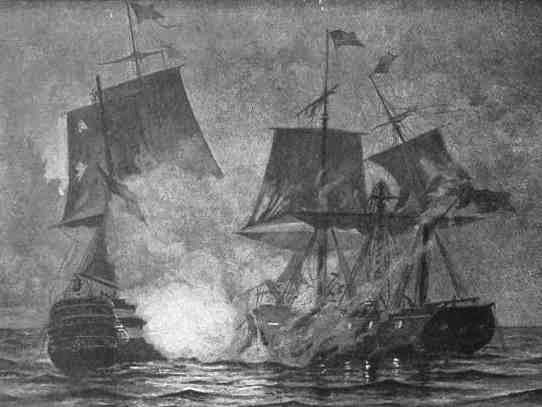 |
| Source |
Also see Newark, Ft. Niagara And Ft. George and General George McClure's Burn.
European Union laws require you to give European Union visitors information about cookies used on your blog. Note: I'm not savvy enough to know about blog cookies; if there's a concern on your part, it's probably best not to visit my pages.
| Source |
An excerpt of a letter from George Griffin to Phoebe Lord, dated 27 November 1813:
"This dreadful war is injuring this city deeply, & prostrating my profession. If the times become much worse, there will be literally nothing doing here."
| Source |
The first example:
Hodge, George - Indemnity For Loss By The Burning Of Washington
| Source |
"He was a soldier, with good executive ability."
 |
| Source |
| Source |
 |
| Fort Defiance (Ohio) In Granite |
 |
| Source |
From The war of 1812 ...: 21st November 1806: Placed in a position of power apparently impregnable by his recent victory of Jena (14th Oct, 1806) which left the Prussian monarchy prostrate at his feet; but smarting still with the galling memory of Trafalgar, the French Emperor deemed the opportunity afforded by the complete humiliation of Prussia favorable for returning as fiercely and as fully as he could the terrible blow inflicted by Great Britain in the annihilation of his navy.
| Source |
 |
| Source |
| Source |
| Source (See Fort Green, perhaps Greene, on the Map) |
From Archivegrid:From Sustained honor: The Age of Liberty Established:
Papers related to the War of 1812, mostly relating to Christopher Bellinger's regiment
New-York Historical Society .2 linear feet.
...Other miscellaneous documents, mostly related to Bellinger's regiment, which appears to have been stationed at Sackett's Harbour...
| Source |
 |
| Source |
Copy of a Letter from Lieutenant-Colonel Bower to Brigadier-General Clairborne, dated Mobile Point, September 14, 1813.
 |
| Source |
| Source |
"...another requisition was made, under which the Tenth Brigade was called upon to furnish 349 men, officers included. Under this last requisition Ohio county furnished a company of light horse...under the command of Capt. William Irvin. Their superior officer was Lieut. Col. Archibald Woods, of the Fourth Regiment of Virginia militia."
"So sparse was the population of Wheeling...that when the companies departed from the town it appeared as if every able-bodied man had deserted the place, leaving behind them the aged men, women and children alone." [Source]
William And Mary's Earl Greg Swem Library also had similar documents in their holdings:
Title: Archibald Woods Papers, 1777-1846
Papers, chiefly 1783-1846, of Archibald Woods of Ohio County, West Virginia. ...Virginia militia during peacetime and in the War of 1812,
| Source |
They were attacked and there was a battle.
 |
| Source |
 |
| War of 1812 Era |
Also see another post with this source.
| Source |
The Arsenal was built circa 1809 in Watertown, New York.
During the war of 1812, Watertown was often excited and made anxious by its proximity to Sackett's Harbor, an important naval station of the government and the scene of one or two spirited battles.
During the war of 1812, bodies of troops were stationed at Watertown for short periods, and the sick were often sent here from Sackett's Harbor for better attendance than could be had there. [Source]
| Source |
| Source |